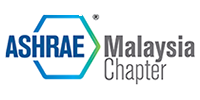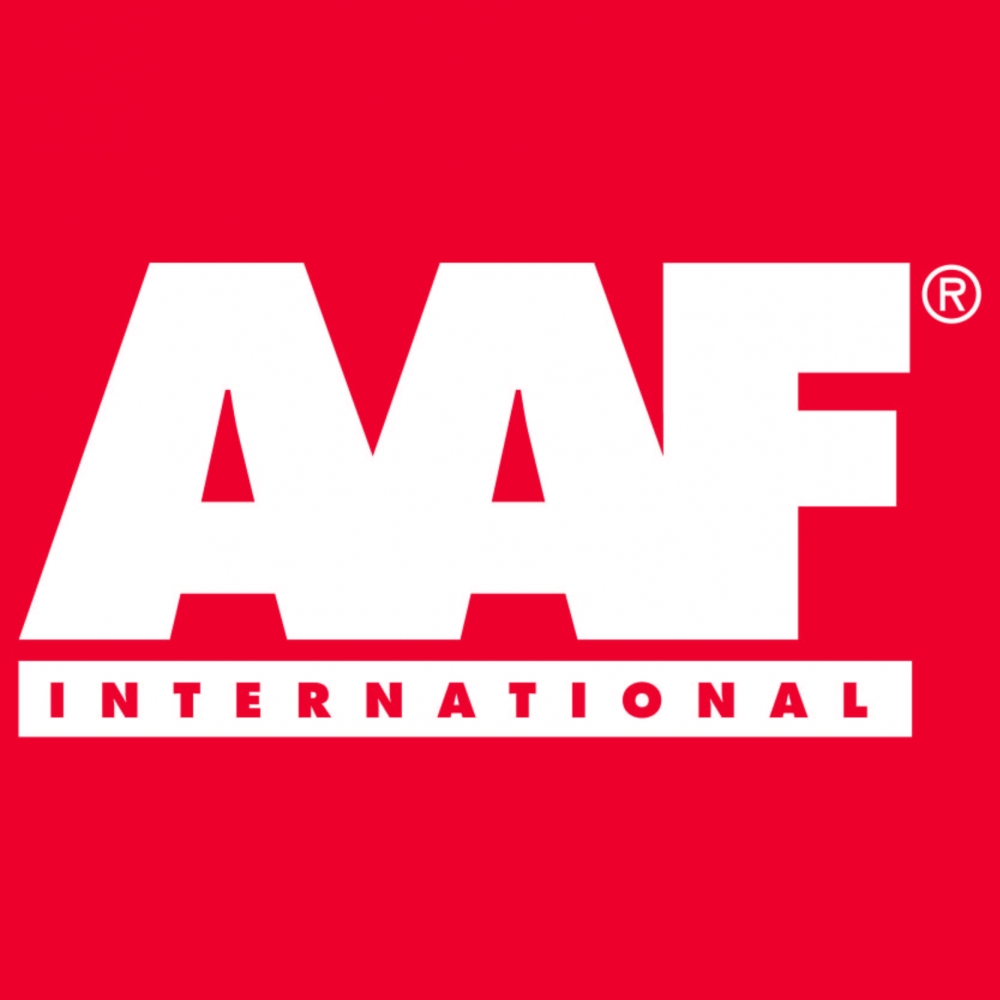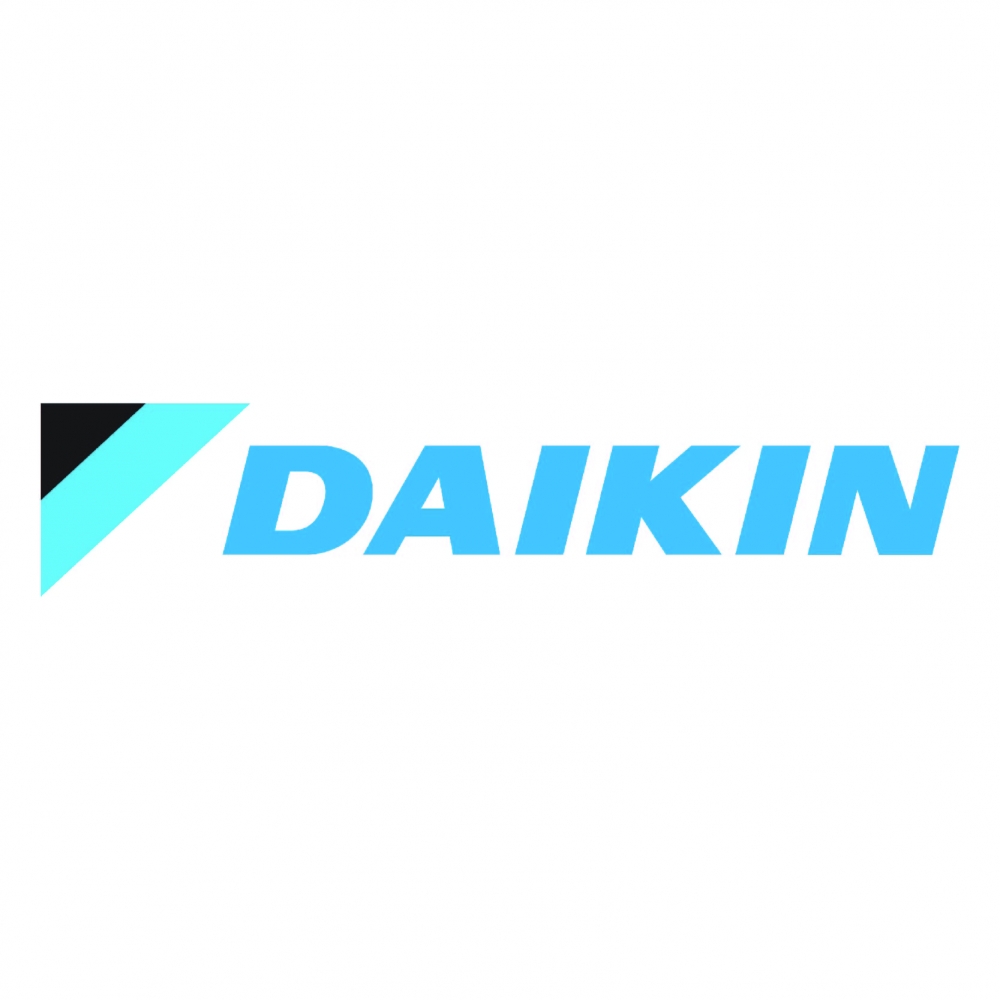MASHRAE Sustainability Direction
ASHRAE Position Document on Building Decarbonisation published on June 26, 2022 recommends embracing building decarbonization strategies to reduce building greenhouse gas (GHG) emissions, premised on the stark reality that the building industry accounts for roughly 40% of global GHGs, and the global building stock is expected to double by 2060. The document highlights that decarbonization of buildings and their systems must be based on a holistic analysis including healthy, safe, and comfortable environments; energy efficiency; environmental impacts; sustainability; operational security; and economics.
As the de-facto global leader on HVAC&R, ASHRAE posits that as new technologies develop and our understanding of the environmental effects of technology grows, ASHRAE is committed to continued efforts relating to building decarbonization in the following areas:
- Research and standards development
- Design and equipment applications
- Technical guidance and training
- Regulatory guidelines and measures
- Educational resources and outreach
ASHRAE Malaysia Chapter (MASHRAE) takes cognizance of Malaysia, being a developing country, has to balance our environmental goals with economic and social developments. In line with this train of thought, it is therefore more effective for MASHRAE to pursue a “Net Zero Energy - NZEn” agenda rather than a “Net Zero Carbon - NZC” agenda.
Hence, the theme of “Building Operational Energy Decarbonisation (BOED)” is chosen as the Sustainability Direction for MASHRAE, premised on the following rationale:
- That embodied carbon is too uncertain and too huge a task to tackle locally without direct government participation and furthermore operational energy is measurable whereas measurement of embodied emission or carbon remains highly contentious
- It is more effective for MASHRAE to focus on reducing carbon emissions through the reduction of operational energy which shall include refrigerant leakage
- Renewable Energy (RE) is an important component and is to be included in determining the operational energy
- The core action of BOED is Energy Efficiency which inevitably has direct and indirect impacts on reducing carbon emissions and embodied carbon
To support this direction, the following Action Plans will be pursued:
- MASHRAE will adopt the term Energy Efficiency & Conservation (EE&C) to align with the nation’s Energy Efficiency & Conservation Act (EECA).
- The scope of the action plans shall be extended to cover the complete stages of design, installation, commissioning, operation, and maintenance of new and existing buildings
- The existing 2-day SEDA-MASHRAE ACMV Course will continue.
- The existing 3-day MASHRAE iCxS Course will continue.
- MASHRAE will continue to support the 3-day BASAM SI Course by teaming up with relevant industry organizations and recruiting new trainers.
- A new NZEn Design & BOED Course will be developed by enlisting experts including award-winning designers to share their knowledge.
- MASHRAE will work with sponsors to carry out an NZEn Retrofit project as a case study for the industry.




